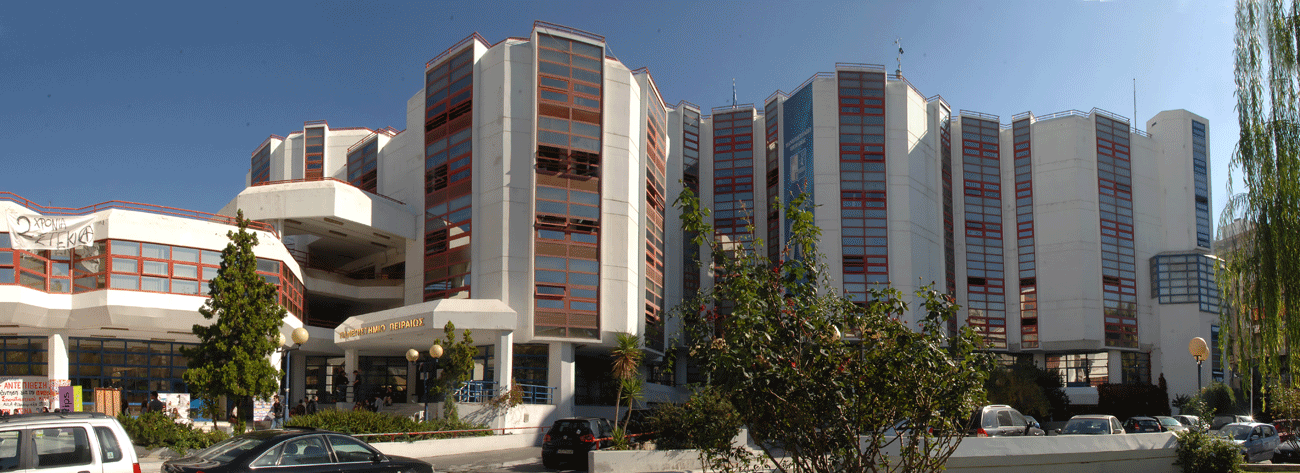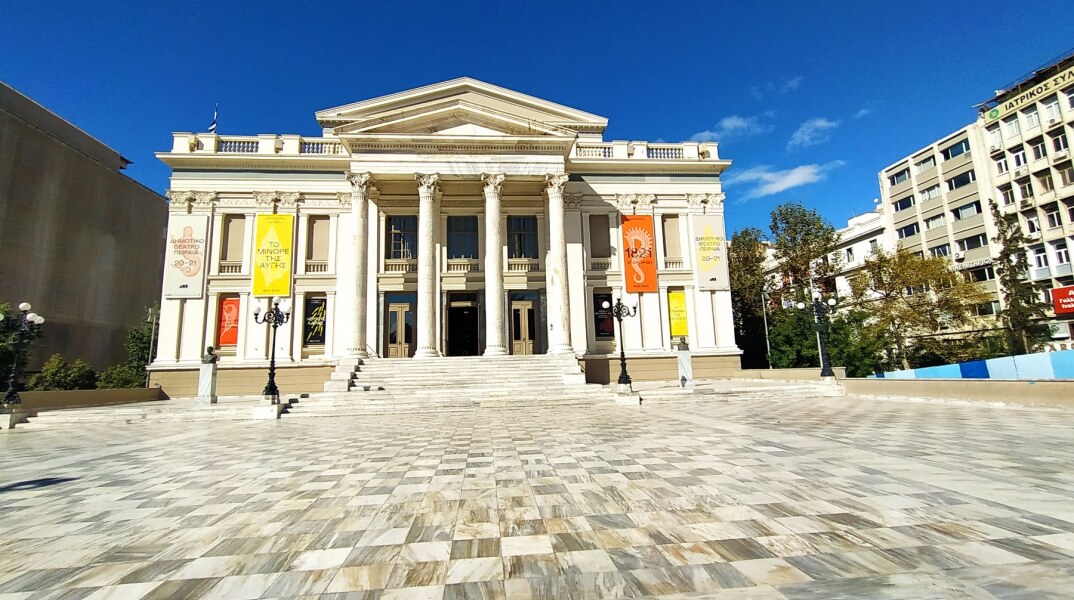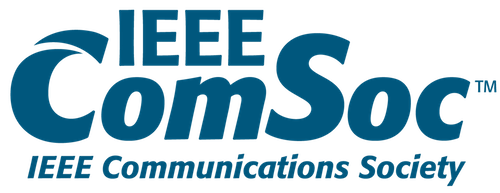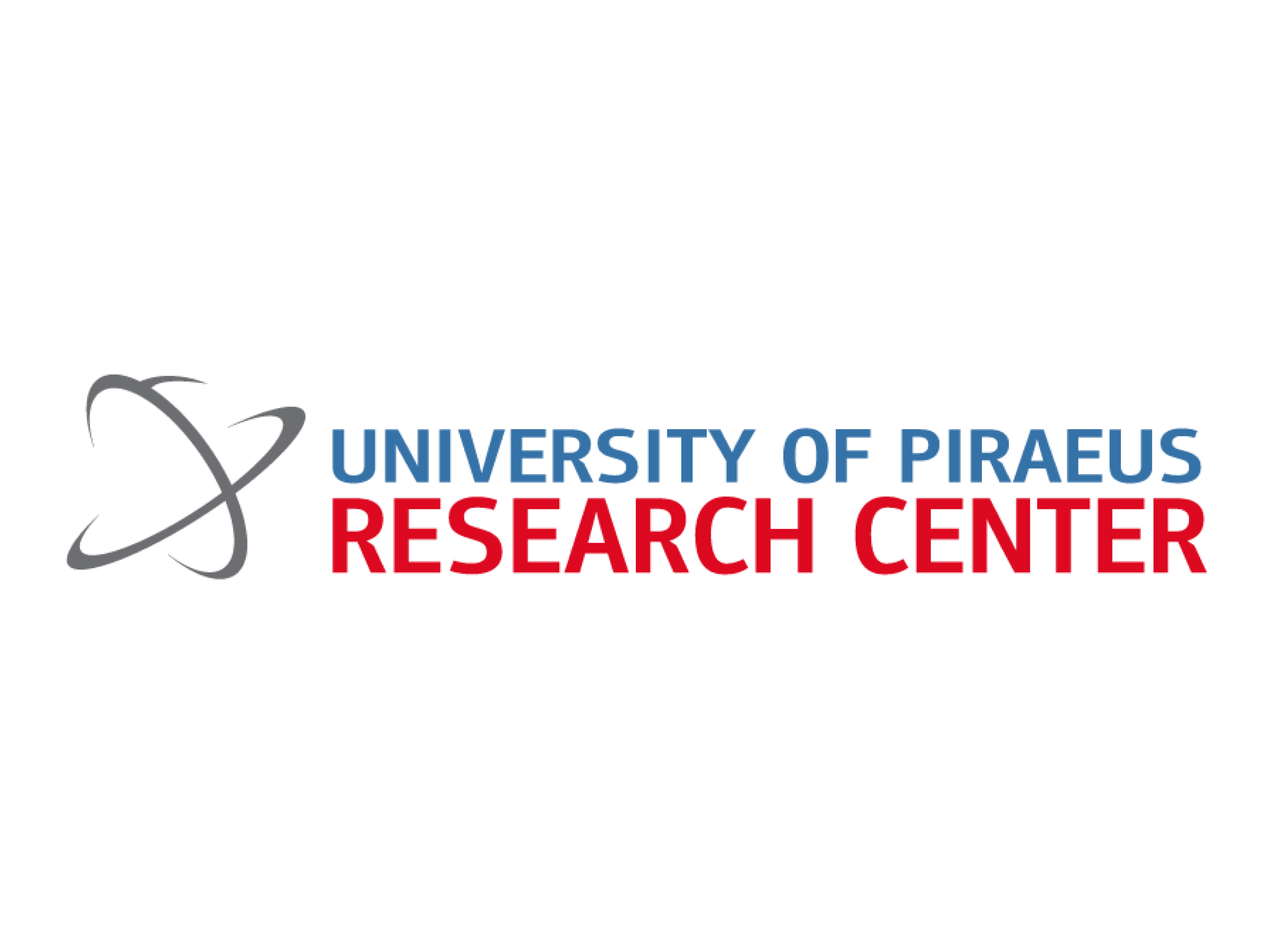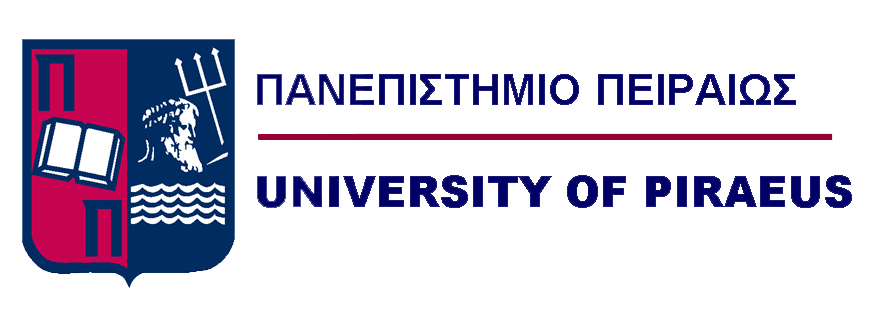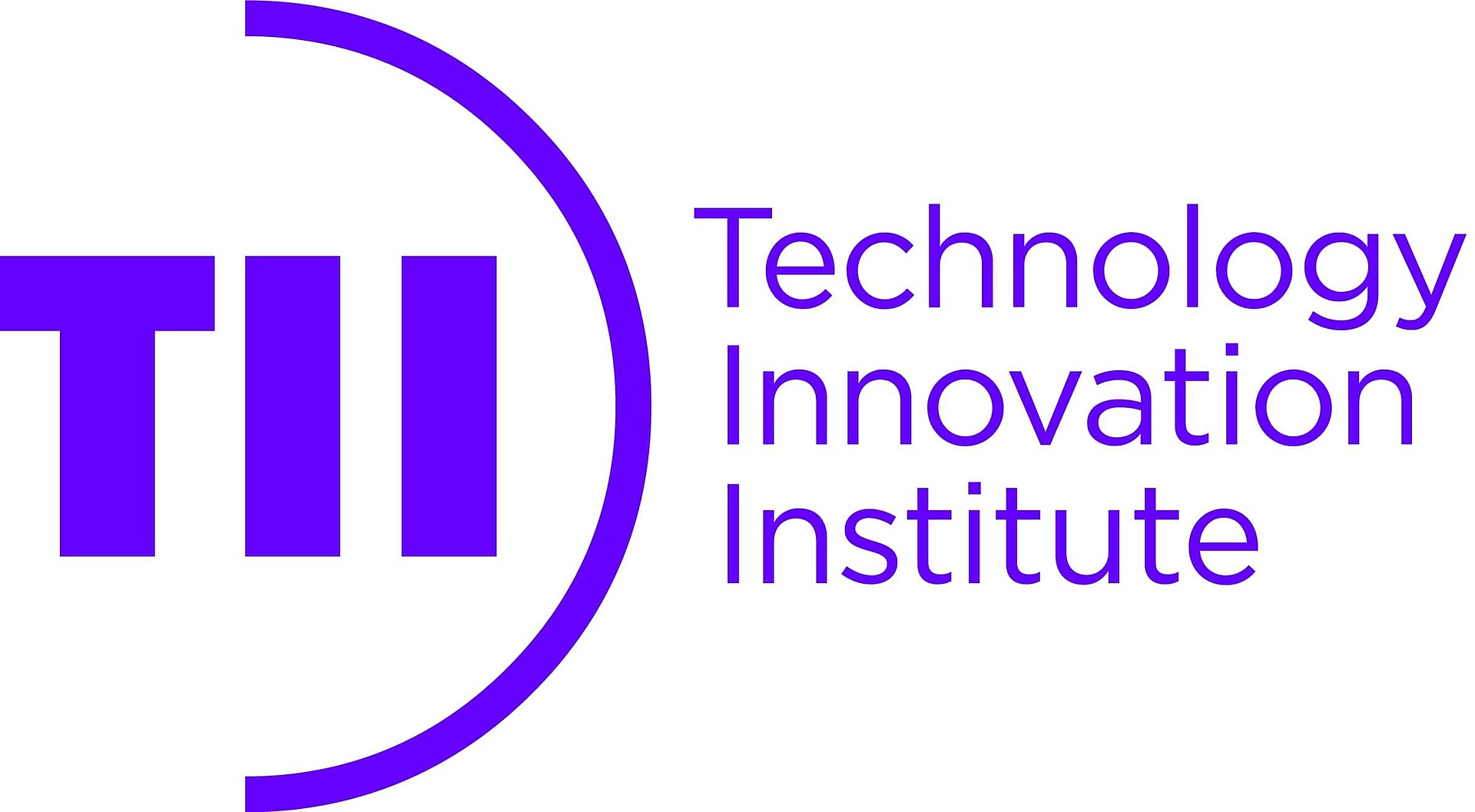Title
Exploring the Frontiers of Nanonetworks and Their Applications
Abstract
This tutorial aims to delve into the cutting-edge field of nanonetworks, emphasizing their diverse applications and the latest advancements driving innovation in this domain. Participants will gain insights into the theoretical foundations, practical implementations, and future potential of nanonetworks. The tutorial explores the forefront of nanonetworks, emphasizing their transformative applications and latest advancements. Attendees will delve into the performance of communication channels within the Internet of Bio-NanoThings, highlighting innovations impacting sectors like healthcare and environmental monitoring. The session on Metasurface Controller Networks will uncover novel routing algorithm designs that enhance the performane of artificial materials. Furthermore, participants will explore molecular communications through experimental setups using yeast, illustrating applications from biosensing to industrial biotechnology. This tutorial equips participants with a comprehensive understanding of current trends, challenges, and future possibilities in the dynamic field of nanonetworks.
Duration and Structure
Total duration is 90 minutes. The outline of the talks is as follows:
-
Performance of Communication Channel and Latest Advances in the Internet of Bio-NanoThings
-
Explore the current state and emerging technologies in the communication channels of bio-nanonetworks.
-
Discuss the Internet of Bio-NanoThings, focusing on its impact on healthcare, environmental monitoring, and other fields.
-
Analyze performance metrics and challenges in developing efficient bio-nano communication systems.
-
Metasurface Controller Networks - Routing Algorithm Design
-
Present advanced routing algorithms tailored for metasurface-based networks.
-
Discuss the role of metasurfaces in enhancing signal propagation and network efficiency.
-
Evaluate case studies and simulation results to highlight practical implementations and benefits.
-
Harnessing Yeast to Facilitate Molecular Communications: Experimental Setup, Modeling, Validation, and Applications
-
Introduce molecular communication systems using biological entities like yeast.
-
Detail the experimental setup and modeling techniques used to validate communication protocols.
-
Explore various applications, from biosensing to industrial biotechnology.
Presenters
Christos Liaskos is an Assistant Professor, University of Ioannina & FORTH, Greece. He received the Diploma in Electrical and Computer Engineering from the Aristotle University of Thessaloniki (AUTH), Greece in 2004, the MSc degree in Medical Informatics in 2008 from the Medical School, AUTH and the PhD degree in Computer Networking from the Dept. of Informatics, AUTH in 2014. He has published work in several venues, such as IEEE Transactions on: Networking, Computers, Vehicular Technology, Broadcasting, Systems Man and Cybernetics, Networks and Service Management, Communications, INFOCOM. His research interests include computer networks, security and nanotechnology, with a focus on developing architectures and communication protocols for emerging technologies.
Marios Lestas is an Associate Professor, Frederick University, Cyprus. He received the B.A and M.Eng degrees in Electrical and Information Engineering from the University of Cambridge U.K and the PhD degree in Electrical Engineering from the University of Southern California in 2000 and 2006 respectively. He is currently an Associate Professor at the Department of Electrical Engineering, Computer Engineering and Informatics of the School of Engineering at Frederick University, teaching undergraduate as well as postgraduate courses. He is also teaching courses at the Department of Mechanical Engineering and at the Marine Engineering Program. His research interests include application of non-linear control theory and optimization methods in Intelligent Networks such as Computer Networks, Transportation Networks, Power Networks, Molecular Nano-networks and Metasurfaces. In the aforementioned networks he has investigated issues pertinent to congestion control, information dissemination, network vulnerability, demand response and more recently privacy and security. He has participated in a number of projects funded by the Research Promotion Foundation and the EU.
Nikolaos Ntetsikas received his 5-year Diploma (Integrated master's degree) from the ECE School of Democritus University of Thrace (DUTh) in 2020, in Xanthi, Greece. From 2021 to 2023, he had been a Research Assistant at the American College of Greece-Research Center (ACG-RC), Attiki, Greece. He is now a PhD candidate at Frederick University and a Research Assistant at Frederick Research Center in Nicosia, Cyprus. His main research interests include Molecular Communications for healthcare applications, Channel Modelling and AI for Communications.
Konstantinos Kantelis is currently an Assistant Professor specializing in Biological Nanonetworks at the Aristotle University of Thessaloniki since August 2023. Previously, he served as a Manager Software Engineer at Piraeus Bank from July 2007 to August 2023. He earned his Ph.D. in Computer Science at Aristotle University (2012-2018), focusing on “Modeling and Performance Analysis of Information Diffusion in Communication Nanonetworks.” He holds a Master’s Degree in Nanotechnology and Nanosciences from Aristotle University (2012), and a Master’s Degree in Computer Systems Technology from the National and Kapodistrian University of Athens (2006). He completed his undergraduate studies with a Bachelor’s Degree in Mathematics from Aristotle University in 2003. His research interests include information diffusion in nanonetworks and software performance optimization.

